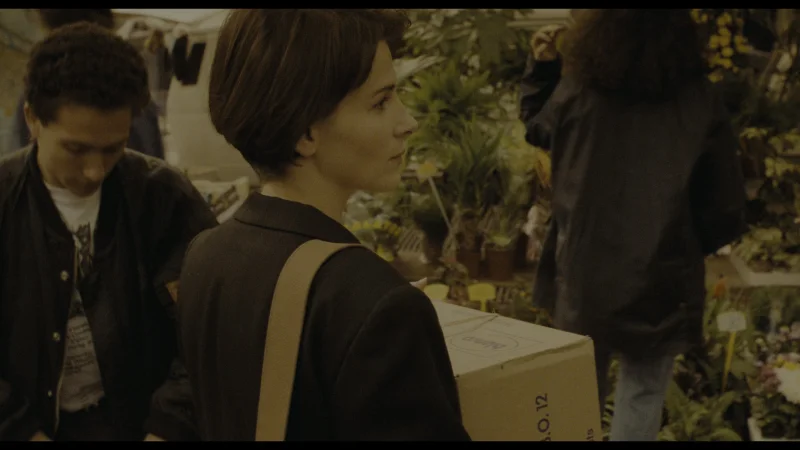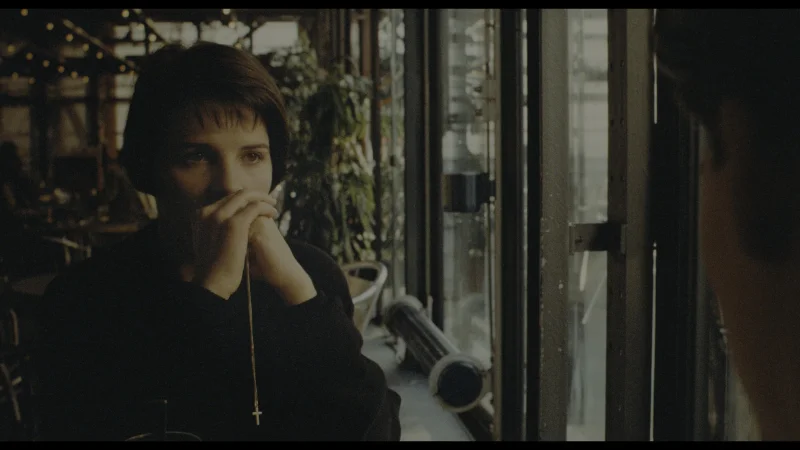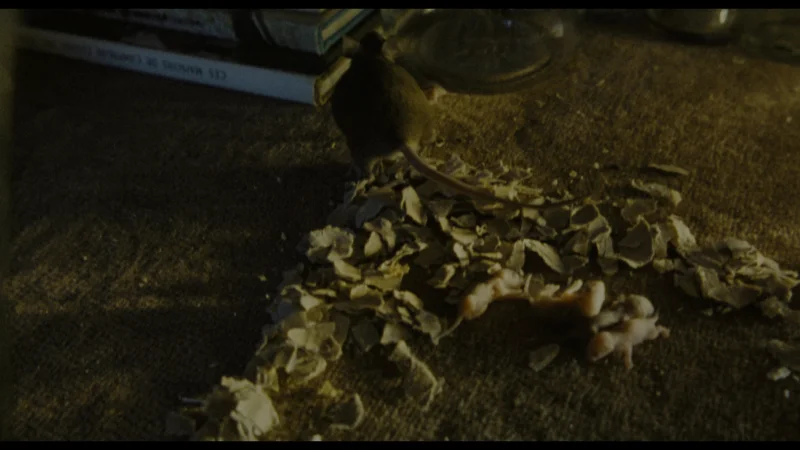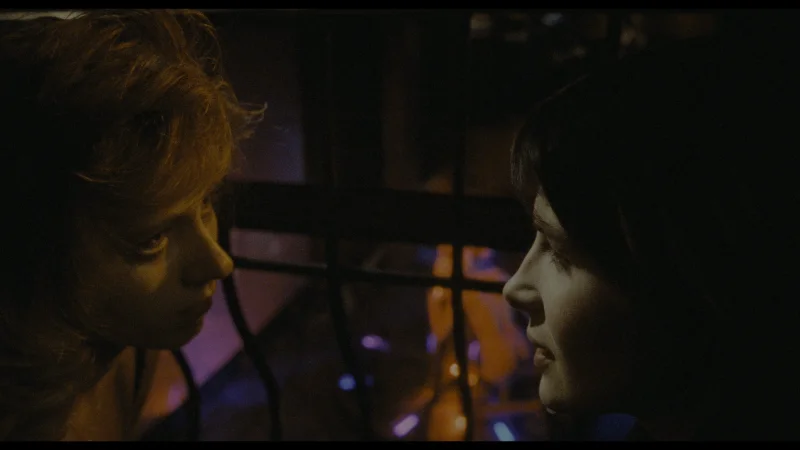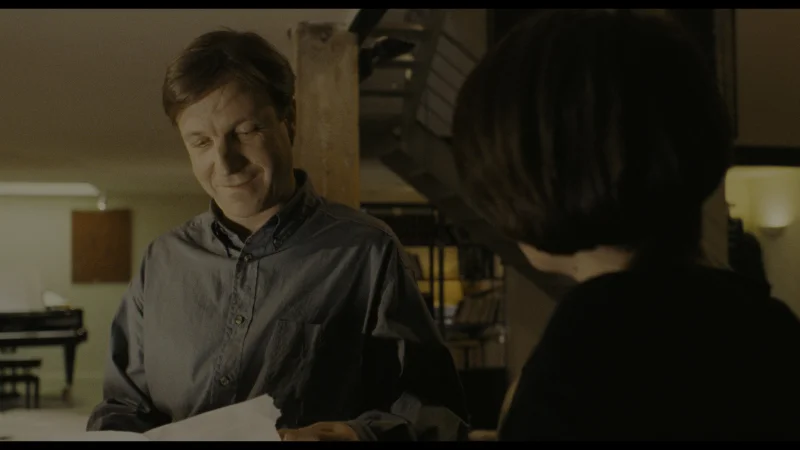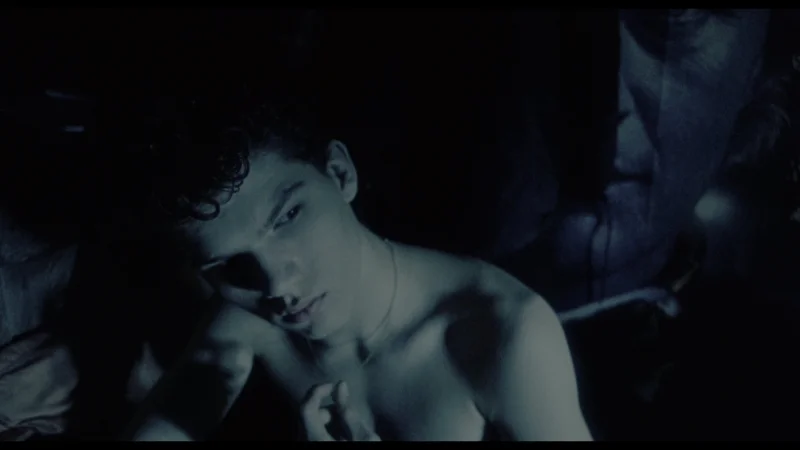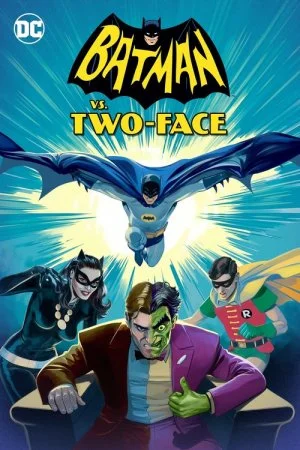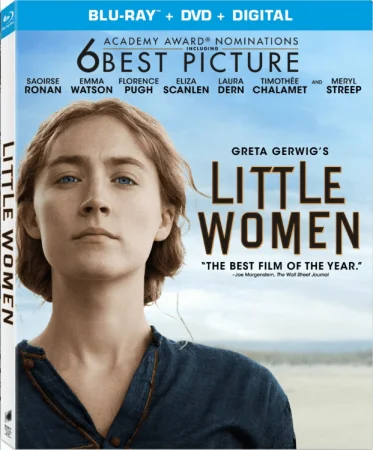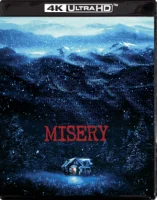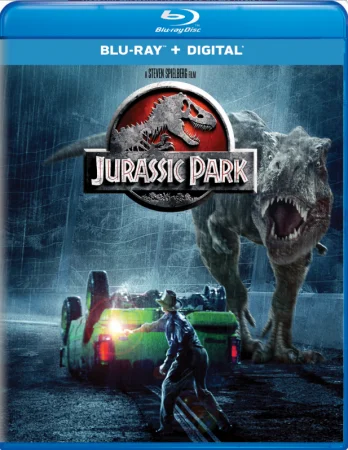Three Colors: Blue 4K 1993 FRENCH Ultra HD 2160p
Storyline
The first part of Kieslowski's trilogy on France's national motto: Liberty, Equality, and Fraternity. 'Blue' is the story of Julie who loses her husband, an acclaimed composer and her young daughter in a car accident. The film's theme of liberty is manifested in Julie's attempt to start life anew, free of personal commitments, belongings, grief or love. She intends to numb herself by withdrawing from the world and living completely independently, anonymously and in solitude in the Parisian metropolis. Despite her intentions, people from her former and present life intrude with their own needs. However, the reality created by the people who need and care about her, a surprising discovery and the music around which the film revolves heal Julie and draws her back to the land of the living.
User Review
Instead of saying which is the best and worst (though have often heard 'Red' cited best and 'White' the weakest, though all three films are generally very highly thought of) of Krzysztof Kieslowski's "Three Colours" trilogy, it will just be said that all three films in the trilogy are must-watches in their own way.
The first film in the trilogy 'Three Colours: Blue' serves as a very poignant exploration of grief and liberty (in the emotional sense), and to me it is one of the most moving and interesting depictions of grief and liberty in film. It is heavily symbolic, with its intricate use of music, the dominant use of the colour blue in the colour palette, its interesting use of fade outs (though actually different to their usual use, representative of time standing still rather than it passing or a scene conclusion), links to the main character's past (here the use of falling) and the bottle recycling, but not in an incoherent sense.
Visually, 'Three Colours: Blue' looks stunning. The whole film is shot with aesthetic grace and elegance and while the use of blue is dominant for symbolic reasons it is never gimmicky or cheap. Kieslowski's direction is thoughtful and never intrusive, and the intricate music score and the symbolic way it's utilised (representing Julie's struggles with isolation) is inspired, "Song for the Unification of Europe" is one of the most emotional tracks of music in any film seen by me recently.
Story-wise, 'Three Colours: Blue' challenges in a way but also always engages, mainly because of how movingly and intensely it deals with the tragic story of Julie and its themes of grief and liberty. The pacing is deliberate but never hits a dull spot.
One of 'Three Colours: Blue' is the astonishing performance from Juliette Binoche, an intensely affecting portrayal that ranks high up with her best performances. All the cast are fine, particularly Benoît Régent and Emmanuelle Riva, but in the acting stakes this is Binoche's film.
All in all, a beautiful, thought-provoking and moving film, and a wonderful start for a very interesting trilogy of films.
Info Video
Codec: HEVC / H.265 (74.6 Mb/s)
Resolution: Native 4K (2160p)
HDR: Dolby Vision, HDR10
Aspect ratio: 1.85:1
Original aspect ratio: 1.85:1
Info Audio
#French: DTS-HD Master Audio 5.1 (48kHz, 24-bit)
Info Subtitles
EnglishFile size: 53.74 GB

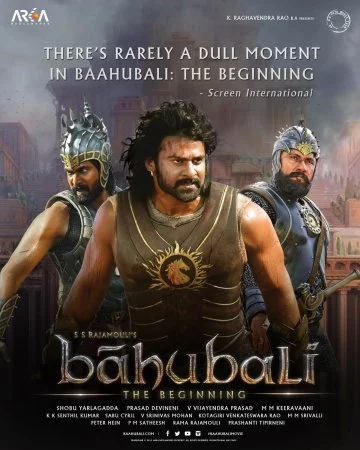
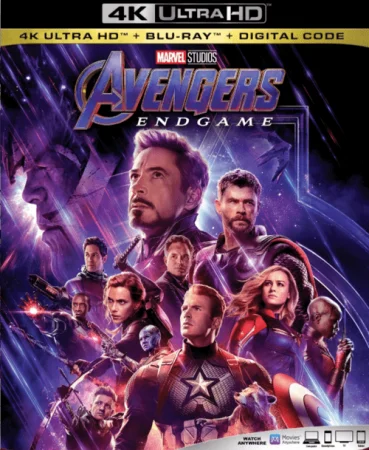
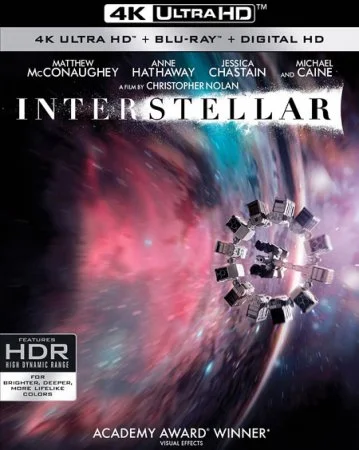
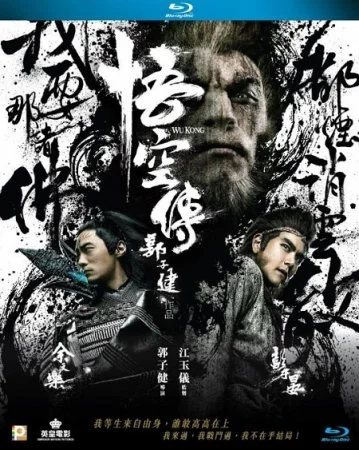
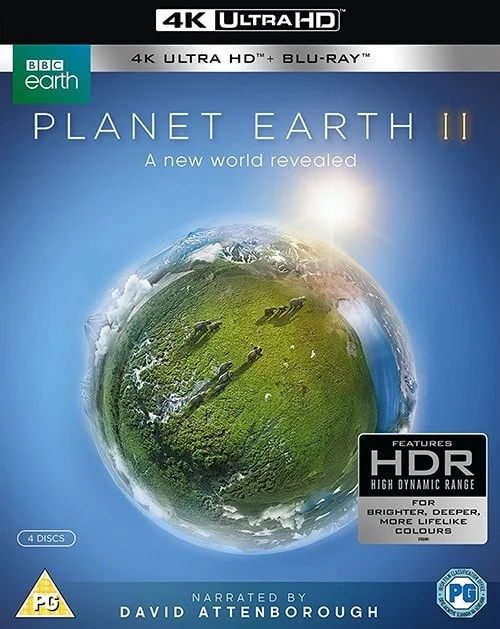
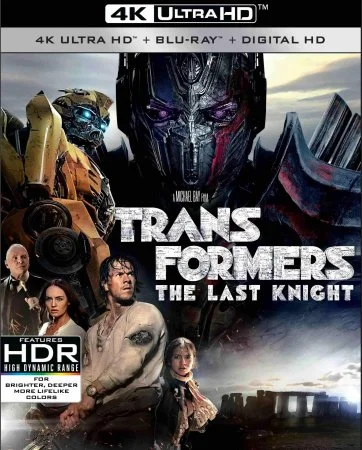
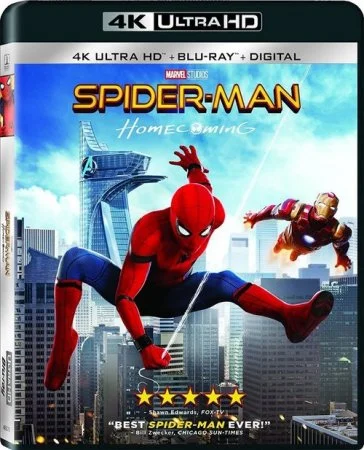
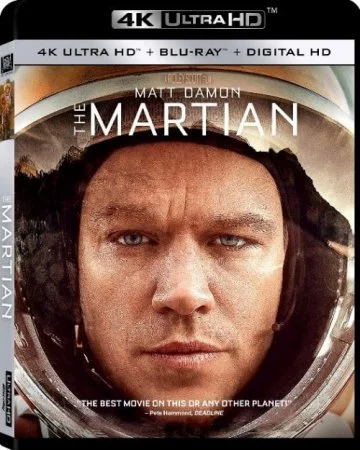
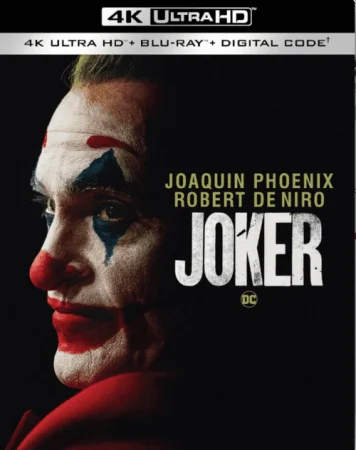
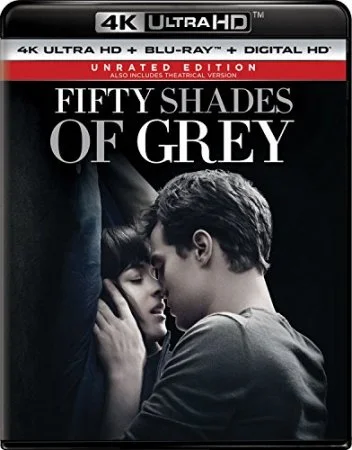
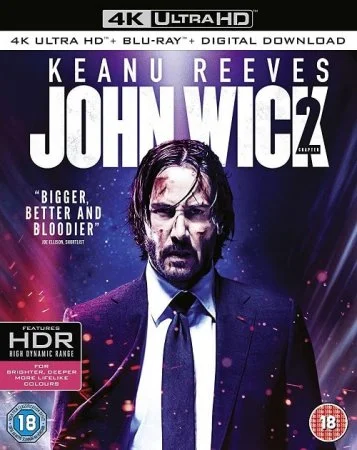

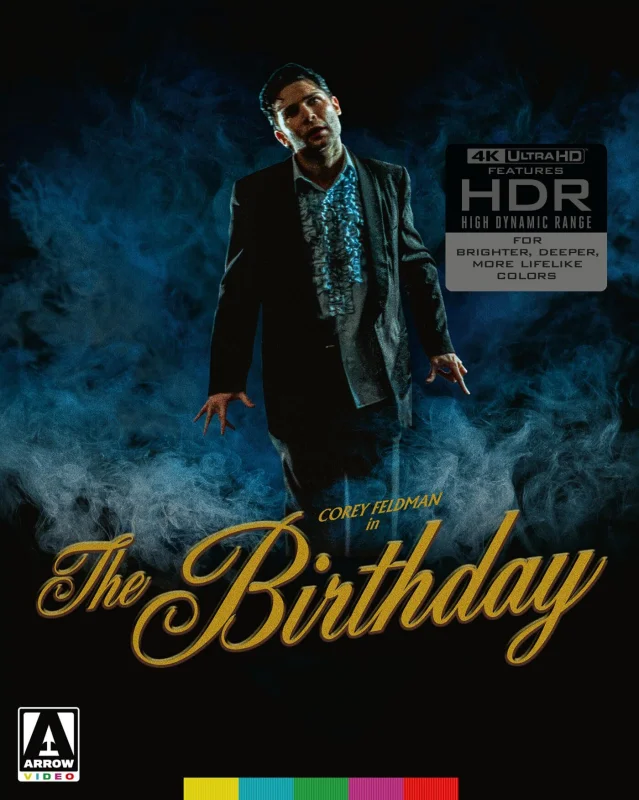

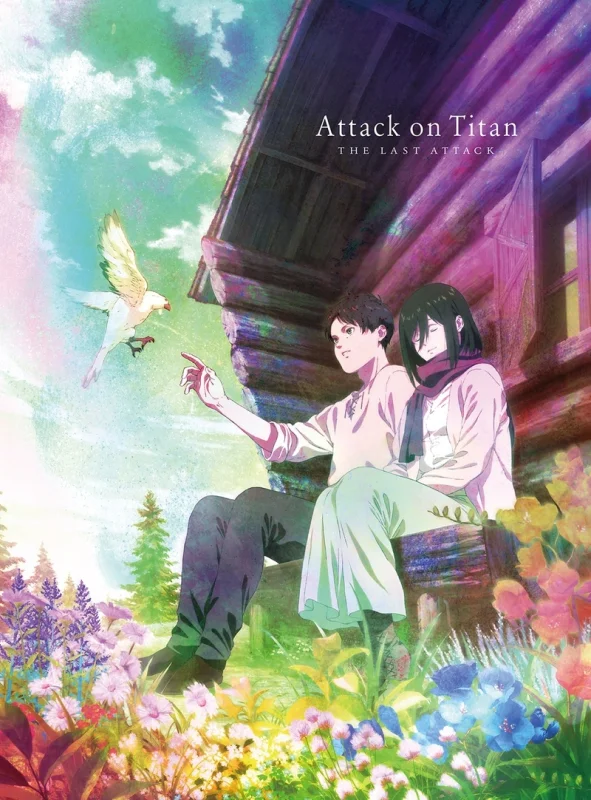
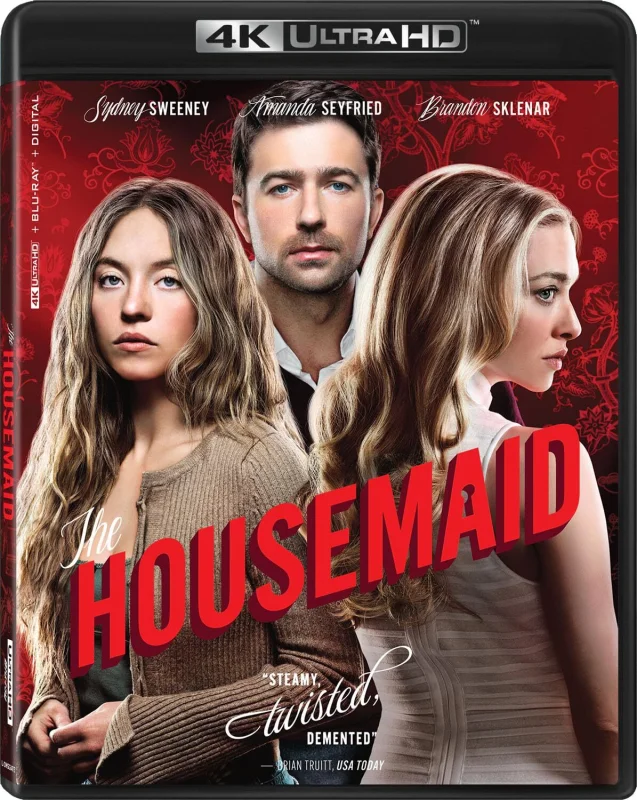
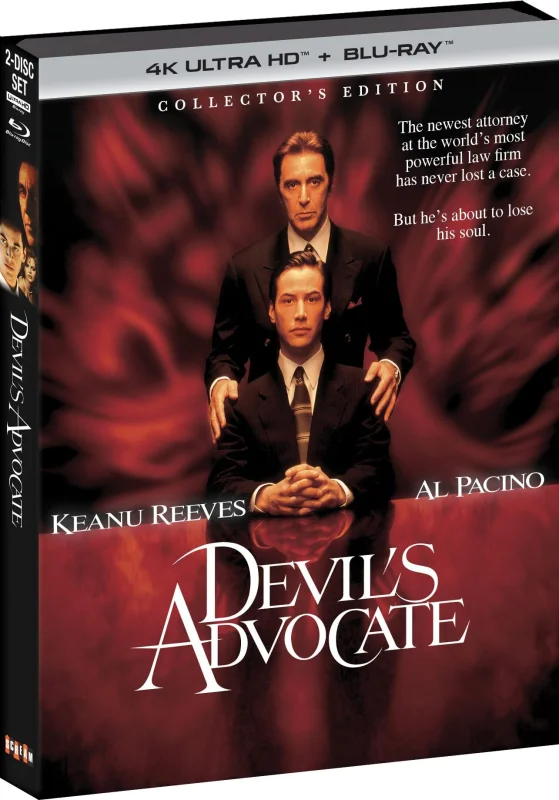
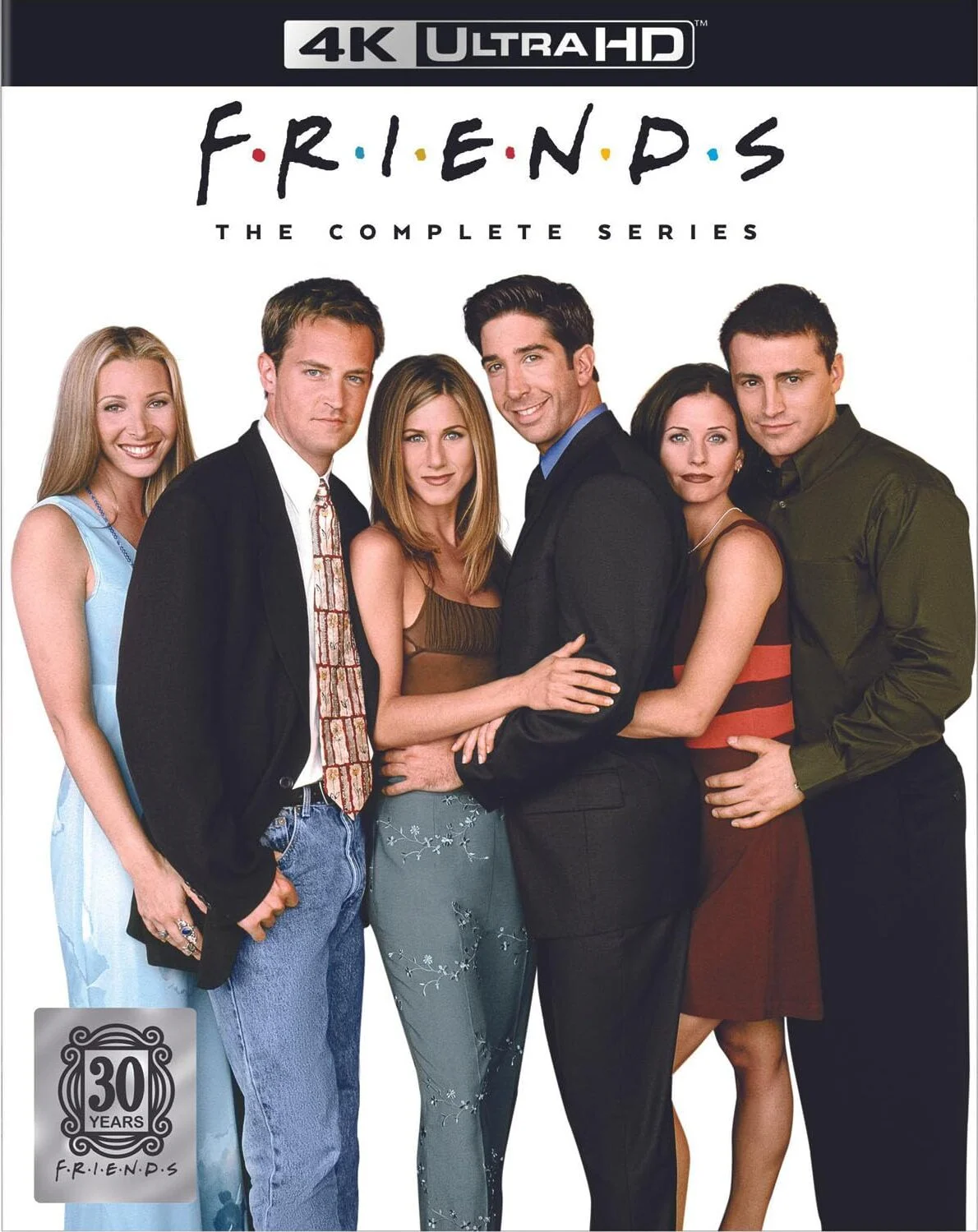
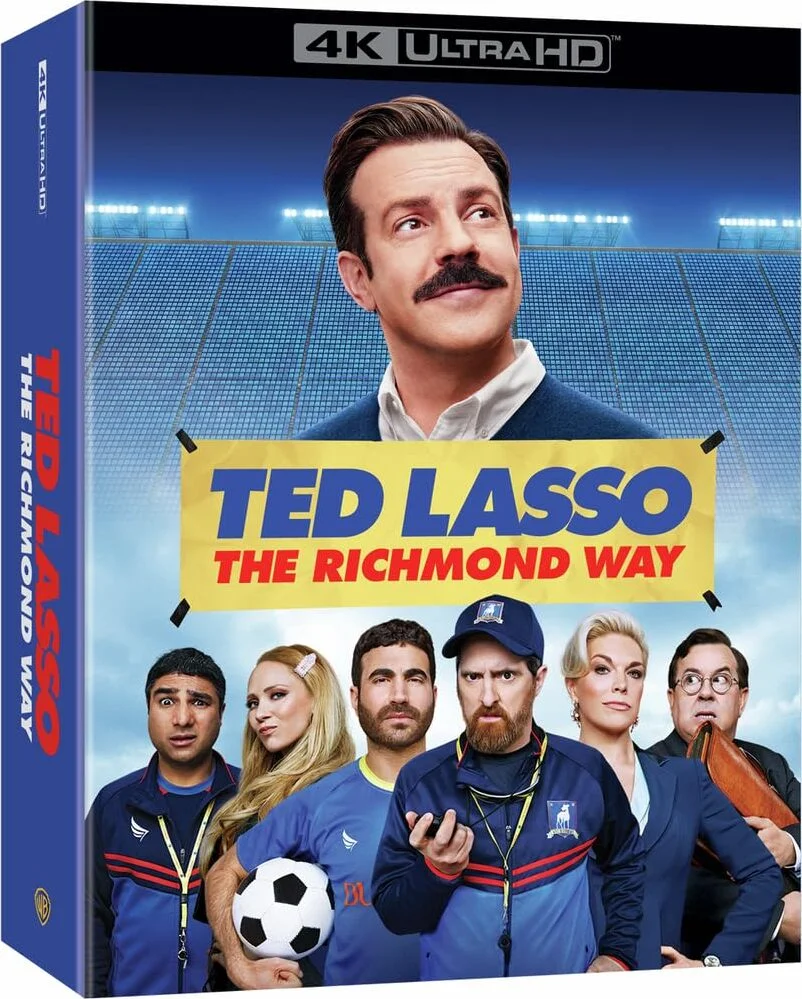


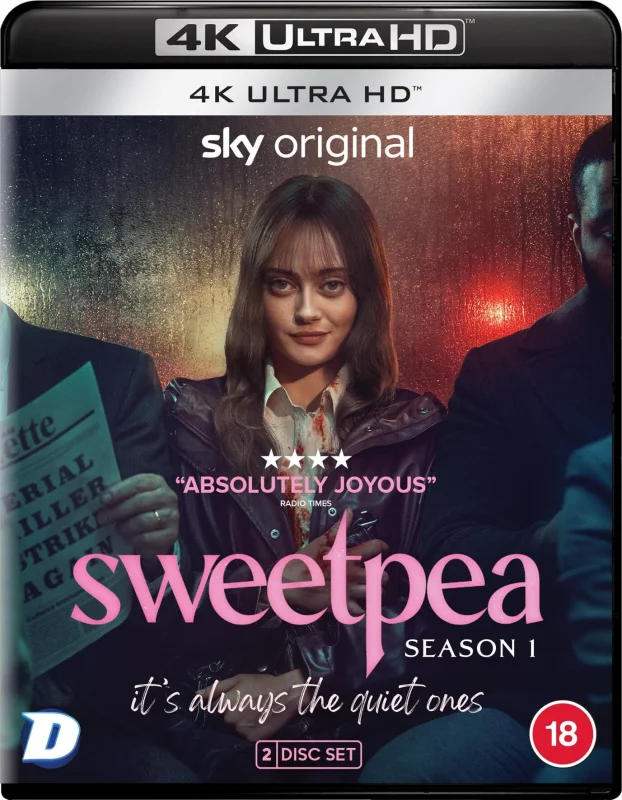
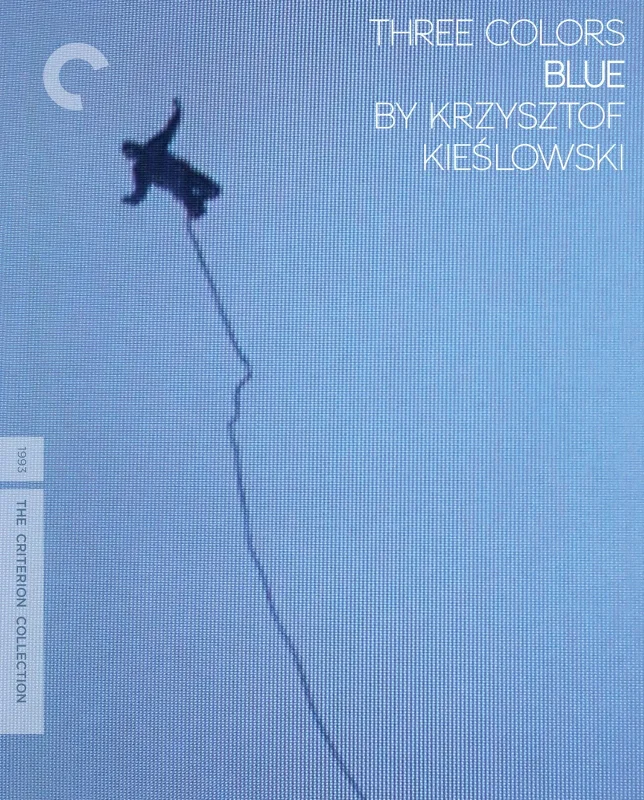
 Like
Like Don't Like
Don't Like